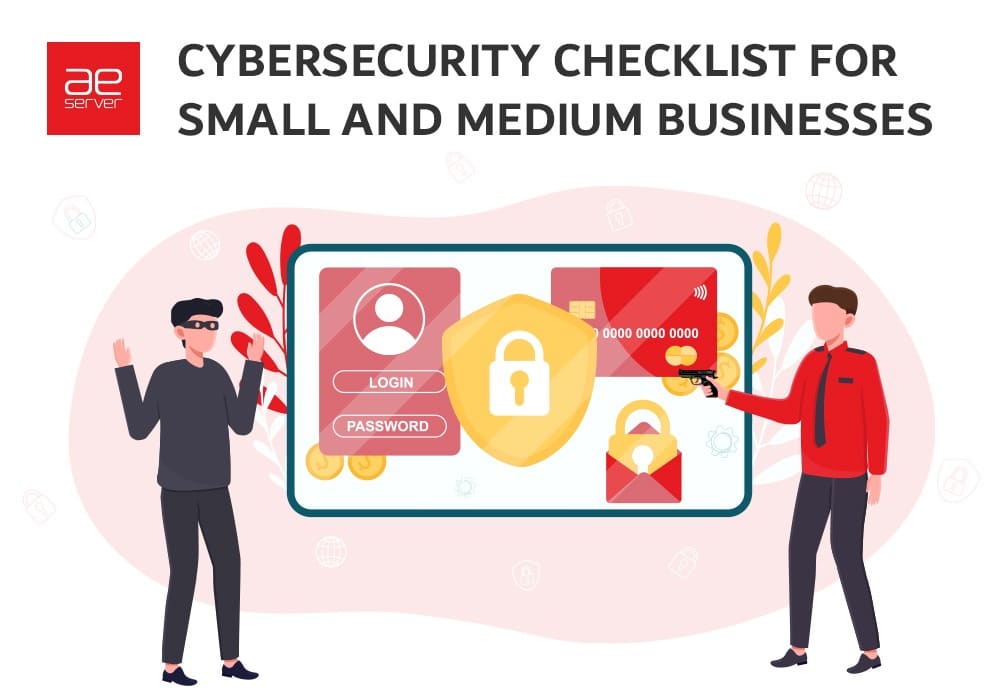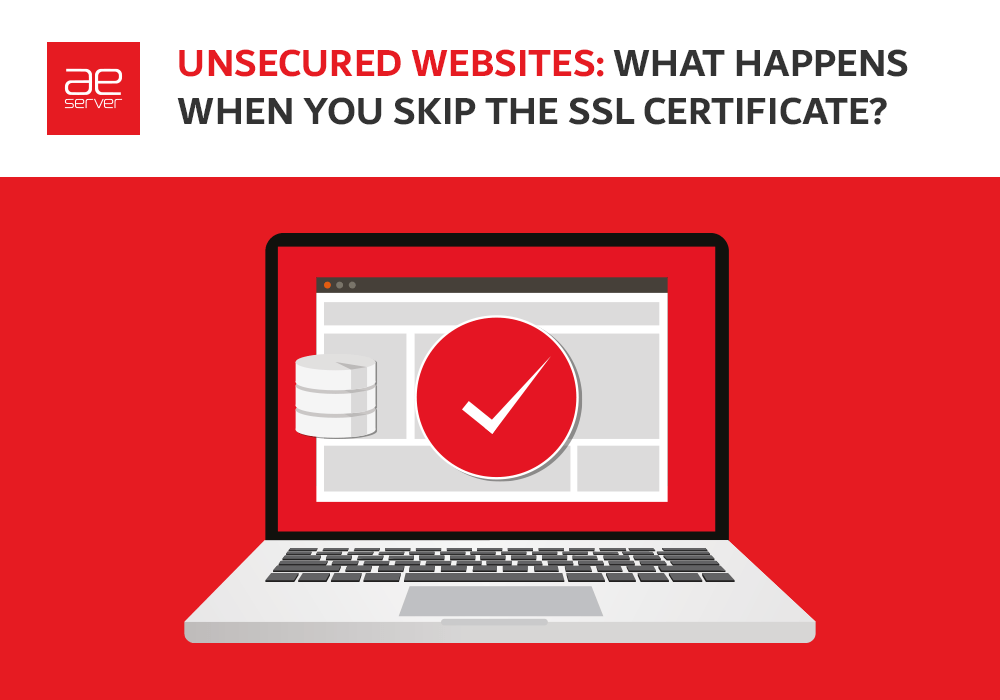
Cybersecurity Checklist for Small and Medium Businesses
If you ever have researched cybersecurity, you definitely know no one is immune to hacking and gaining access to your computer system.
Post-pandemic cybersecurity for small and medium-sized businesses has become more critical than ever. The rise of online working has left many organizations more vulnerable to attacks.
No matter what the size of the business, cybersecurity is an essential part of today’s professional landscape. Given the large variety of business types, the most asked question is what cybersecurity does small and medium businesses SMBs need? Most small and medium businesses have common activities and operations, enabling us to provide a cybersecurity checklist for most SMBs.
But before moving onto the checklist, let’s understand who exactly is SMB?
SMBs: What Are They?
SMB is short for small and medium-sized businesses. Due to its size, SMB has different IT requirements and often faces different IT challenges than a large enterprise whose IT resources are highly constrained.
It is also defined by the number of employees and the revenue. If the business has 500 or fewer employees, it is considered a small and medium business. On the other hand, small businesses usually generate less than $50 million in annual revenue, and medium-size businesses generate more than $50 million in annual revenue.
What Is on the Cybersecurity Checklist?
Just like a football game, you can’t defend another team by having safety or linebacker on the field. Cybersecurity is no different. Hackers have sophisticated ways and a lot of weapons. So, you need a defensive line, secondary and good coaching.
A cyber security checklist contains all three components. A defense line will include protection of your network, device, and email. A secondary line will include backups and web filtering. And coaching will include ongoing training of employees to teach them data security and how to avoid attacks.
Avoid Public WiFi
Public WiFi is the most unsafe connection. While it is easy for us to access and use it, at the same time, it’s easy for a hacker to breach our data. Some precautions can decrease the risk of using public WiFi, such as using a VPN and avoiding accessing websites containing users’ financial data, but that is not enough.
Nowadays, there are few governmental rules and regulations for public WiFi networks. One of those includes user-friendly DNS filters that provide cybersecurity protection and prevent users from accessing malicious data. So if you need to use public WiFi, make sure it is certified as a secure connection.
Email Protection
Email is used professionally to interact with employees and customers and may contain information that you never want to lose. So email protection is a must for any user.
Phishing attacks and scams have significantly increased over the past few years. Phishing was the most common type of cybercrime in 2020, and the number of incidents nearly doubled from 2019 to 2020.
Our security experts recommend two-factor authentication and changing passwords at least twice a year to avoid such attacks. An email security gateway is used to add another layer of protection.
Related: How to register Google Workspace in Dubai (Guide)
Train Employees To Avoid Risks
Employee training is probably the most vital layer of an organization’s protection. Success in any business is all about reacting right and fast under pressure, which may extend to cybersecurity.
After the digital transformation where cyber-attacks frequently rise, teaching employees about cybersecurity is necessary because all it takes is one bad reaction, and you can compromise all your data. Some of the best ways to teach employees are setting up cybersecurity workshops, updating staff handbooks, staying up-to-date in the cybersecurity context, and creating related blog posts. And this is not just for employees but also for customers.
Following are some essential things you can do to train your employees
- Make your employees stick to the security standards.
- Test your team regularly what they learned after each session/workshop.
- Require your employees’ signatures every time you implement new policies.
Having an Up-to-Date Backup
Backup your data regularly is always fundamental. Good practice includes backup data on an external device or cloud-based storage; it prevents data loss in case of hacking or emergency. By backing up your data, you can reduce the risk of permanent data loss.
There are different ways you can lose your data. It may involve a cyberattack or even any unexpected incident. Most business owners don’t exactly know how much they will need to restore data in the future.
You can get protection against data loss using the Codeguard Backup solution provided by AEserver. Also, if you want to know some strategies for data backup.
Related: Accelerate Your Business Continuity with Automated Backups
An Extra Layer of Protection on DNS Level
Protecting your device with antivirus software is a good choice, especially if you have sensitive data. But adding another layer of security on the DNS level would be a more innovative option together; they both can give you ultimate protection from all malicious content before it reaches your network.
AEserver’s premium global DNS can help you protect the DNS level. Anycast DNS system has unmatched availability and security, DNSSEC support, and loads your website faster.
Frequent Update Policies
The cyber-security landscape is an ever-changing race. With protection enhancement, hackers find new ways to break into networks and data. So, it’s crucial to frequently update security policies and training curriculum to protect your organization and customers from evolving threats.
You can do the following things to keep your security policies relevant.
- Stay with the latest IT security trends.
- Conduct security training sessions.
- Require IT staff to obtain security certification.
Implementation of Cybersecurity Tools
To protect the business from cyber-attacks, Every business should install at least basic security tools like antivirus and Firewall. At last, including these two, can complete the cybersecurity checklist for SMBs.
Many small businesses don’t have any internal resources to implement such security policies. In this case, you can outsource these services to a professional.
Final Words
Attacks on SMBs are on the rise. It’s crucial for SMBs to build a strong cybersecurity foundation to protect themselves and their customers against malicious acts.
No matter which path you decide for the good of your organization, the above checklist can help you get through the security problems.
With AEserver shared hosting, we will ensure that all your business systems and data on the server are safe and compliant. Alongside, we have provided the fastest, easiest, and prescriptive information security solutions that you can implement to protect yourself on the business side.



